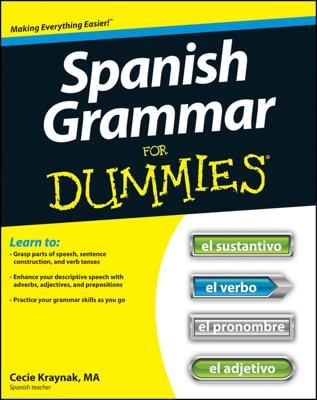The pluperfect and preterit tenses in Spanish have identical translations in English. Go figure! So what’s the difference between the pluperfect and preterit tenses? The differences center less on conceptual distinctions and more on the contexts in which they’re used:
Pluperfect: The pluperfect is conversational and is used in everyday speech to describe a past action that happened prior to another past action. The more recent past action typically signals the end of the previous past action, as in the following examples:
Nosotros habíamos terminado con la cena antes de que ellos llegaron. We had finished dinner before they arrived.
Ella nos había llamado antes de visitor. She had called us before visiting.
Yo me había acostado después de mi programa favorito. I had gone to bed after my favorite program.
Preterit perfect: The preterit perfect is used primarily in formal or literary Spanish. Here are some examples of the preterit perfect tense:
Una vez que hubimos visto toda la película, salimos del cine. Once we had seen all of the movie, we left the theater.
Tan pronto como ellos hubieron terminado el trabajo, recibieron el dinero. As soon as they had finished the work, they received the money.
Tú apenas hubiste llegado, cuando la fiesta empezó. You had hardly arrived, when the party began.

